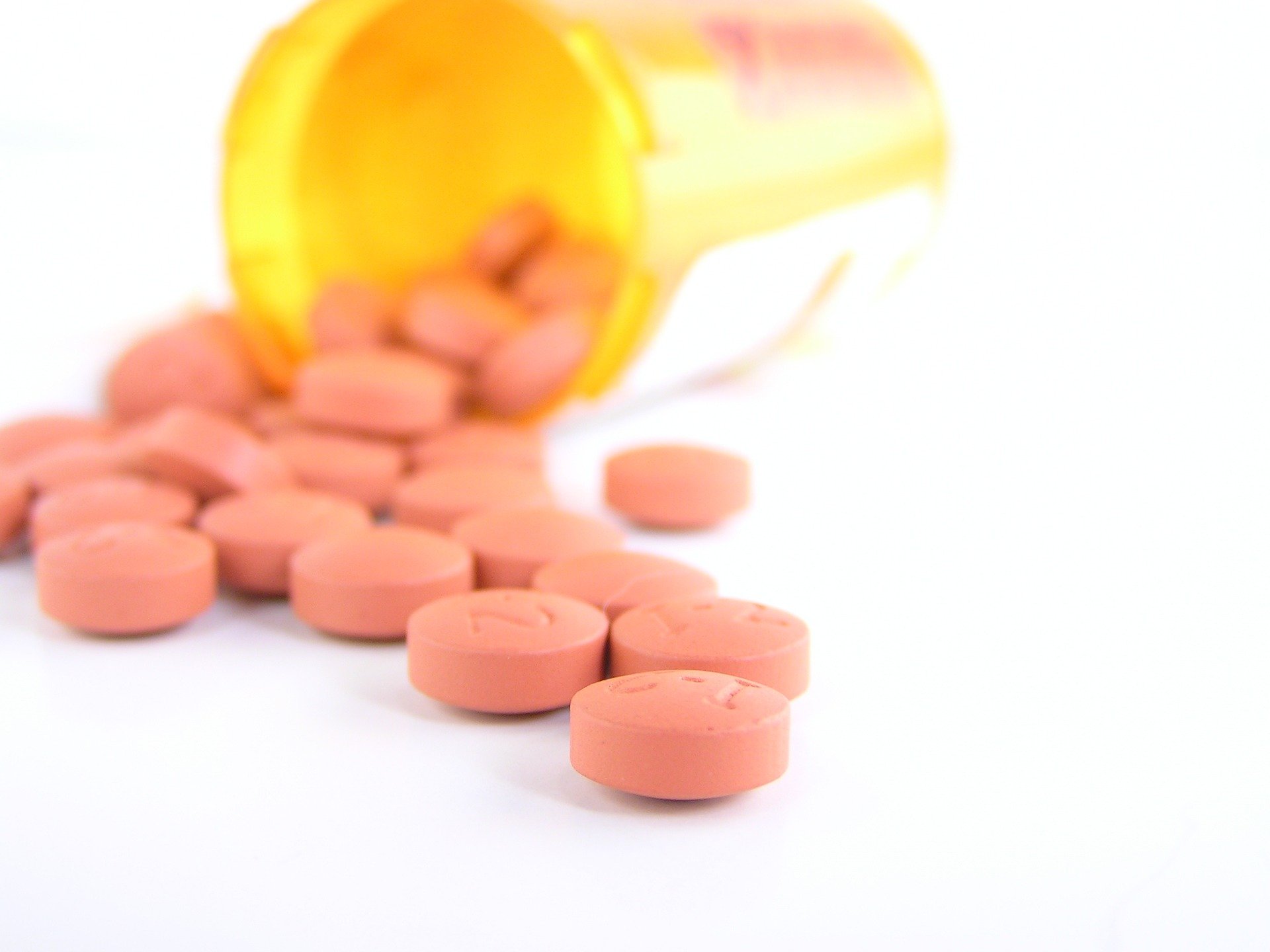When people are first diagnosed with type-two diabetes, the first line of treatment includes lifestyle changes such as meal planning, weight loss, exercising, and self-management education. This is called a patient-centered approach and will help you to understand the most crucial aspects of how to best control your blood sugar levels and choose the best medication treatment, alongside your doctor, to achieve good blood sugar control.
The patient with diabetes is usually in control of many components that can effect their blood-sugar levels and the progression of symptoms, such as their ability to self-manage and stick to the treatment, and their willingness to take meds.
When a doctor prescribes diabetes medications, he/she might emphasize taking them every day at a specific time. This can become challenging if the patient takes other medications, including injectables or insulin. If the patient struggles with taking their medicine as recommended, this can result in poor glucose control and increase the risk of complications and side effects.
Some of the most common oral medications include:
- Biguanides: Decreases production of glucose by the liver
- Sulfonylureas: stimulating continuous release of insulin by the pancreas
- SGL2- Inhibitors: Decreases glucose reabsorption in kidneys
- DPP4- inhibitors: Prolongs action of gut hormones, increases insulin secretion by pancreas and delays gastric emptying
Some of the most common injectable medications are:
- Glucagon-like peptide 1 (GLP-1) agonists: Help the pancreas to produce more insulin after you eat, and therefore lower blood glucose. They are also known to suppress appetite and inhibit the production of glucose in your liver.
Here are some tips on how to always take your oral and injectable medications as prescribed by your doctor:
- Create a routine to take your medications every day at the same time; consistency is the key.
- Set up alarms on your phone until taking your medicine orally or injected becomes habit.
- Educate yourself about your medications. Ask questions to your doctor or your certified diabetes educator about your medications regarding the right doses and the best time to take your oral or injectable drugs.
- If your meds are too expensive to buy and your insurance doesn’t cover the cost, ask your doctor for the generic version of the oral or injectable drug.
If you are a patient with diabetes, and still not sure what is the best way to stick to your diabetes medications, then you need to remember to talk to your healthcare practitioner or diabetes educator. They will guide you and will help you create an individualized plan that works for you to take your medications and to control your diabetes.
